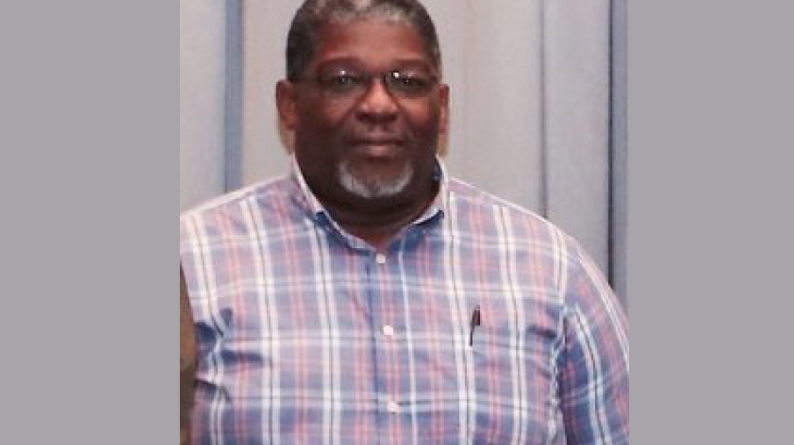Ephraim tells Browne to check the facts on Chamber’s involvement with minimum wage and accuses him of ‘low blow’
Chamber of Commerce President Yves Ephraim is denying that he recommended the newly implemented minimum wage of $9 an hour, as stated recently by Prime Minister Gaston Browne.
As a matter of fact, Ephraim says, the Minimum Wage Advisory Committee learned of the increase “like everyone else did, either on the radio or the newspapers, a day later.”
In a recent radio outing, the prime minister claimed that Ephraim, himself, had recommended the $9 wage to the Cabinet for implementation on January 1 this year.
Browne made this angry declaration after Ephraim objected to Government’s late reminder to employers that the new wage should be effected no later than the end of January or they would face a penalty.
Ephraim notes that he did not raise any objection to the increase in the minimum wage, and he reminds Browne that the Minimum Wage Advisory Committee had, in fact, recommended an increase to $8.90 per hour. This, he says, can be verified by the written report handed to the Minister of Labour.
The Chamber president also says that, during the discussion, Browne “took his sudden mercurial flight out of the Cabinet meeting which brought the meeting to an abrupt end.”
Ephraim says the ministers who remained might have decided to increase the Chamber’s proposal to $9, without telling Browne. According to him, he can see no other plausible explanation for the prime minister getting this detail so wrong.
Therefore, he says, he does not see how Prime Minister Browne could rightfully assert that he, Ephraim, agreed to and proposed $9, when $8.90 was what the Advisory Committee had recommended.
According to Ephraim, “The Minimum Wage Advisory Committee was ejected from the Cabinet meeting before the decision on $9 was made;” thus, the Committee had no part in those deliberations.
In his radio rant concerning Ephraim, Browne had suggested that the Chamber president was being hypocritical, since he had not commented on the United Progressive Party’s proposed $10 per hour minimum wage.
However, Ephraim sees this very unfortunate deflection from the implementation fiasco as a “low blow” by the prime minister.
He says, “The reason why the Chamber did not see it fit to comment on anything the UPP said was for the simple reason that the UPP is not the sitting government.”
Unless Browne, in his own way, was hinting that he believed the UPP would form the next government, Ephraim says, having any minimum-wage discussion with a party that is not in office would have been purely futile.
He says the Chamber would rather spend the time negotiating with the actual government, adding that if the UPP eventually becomes the government, it will deal with that matter then.




